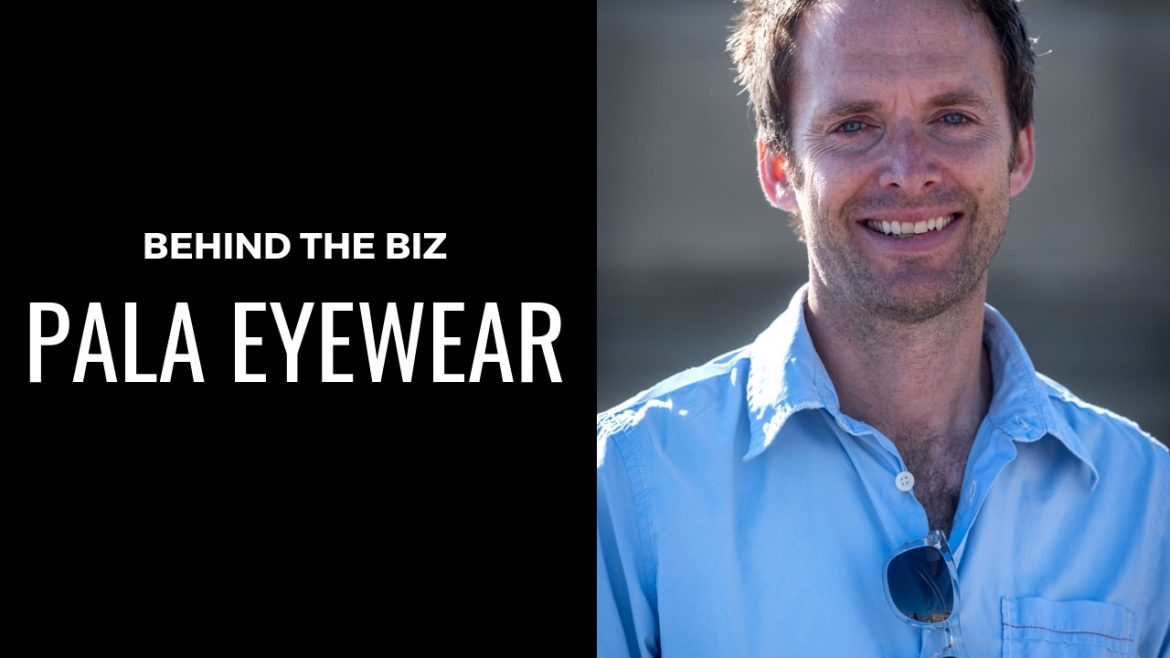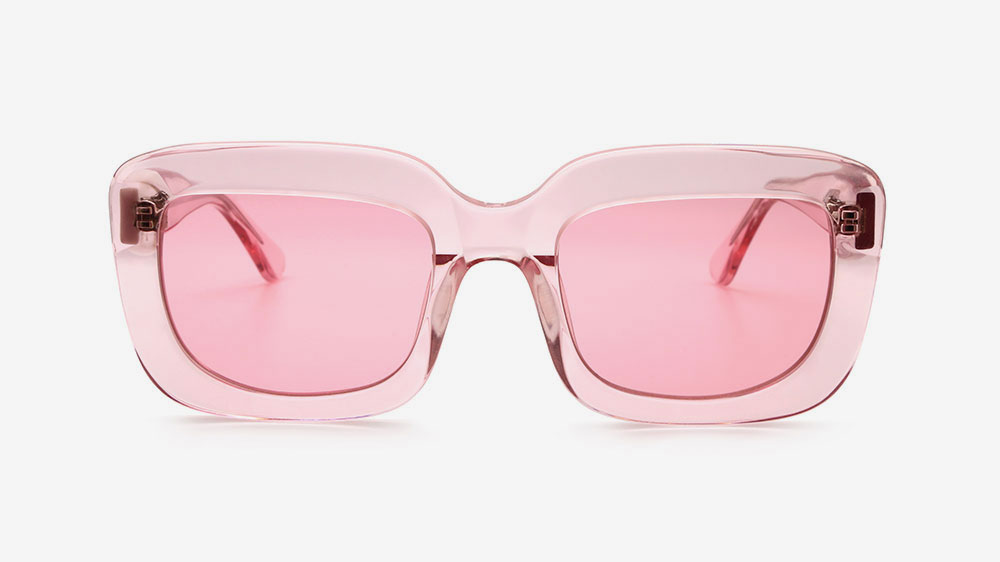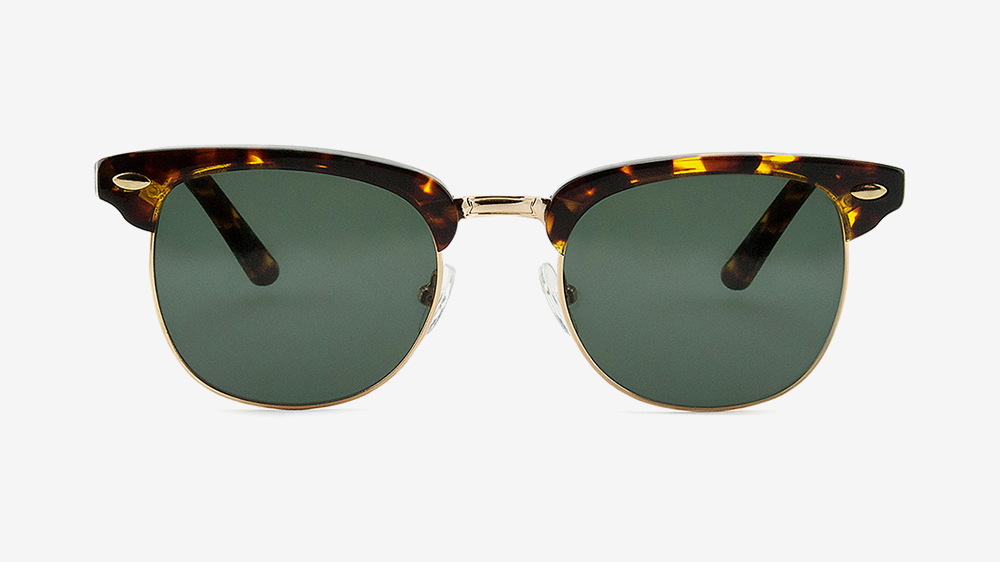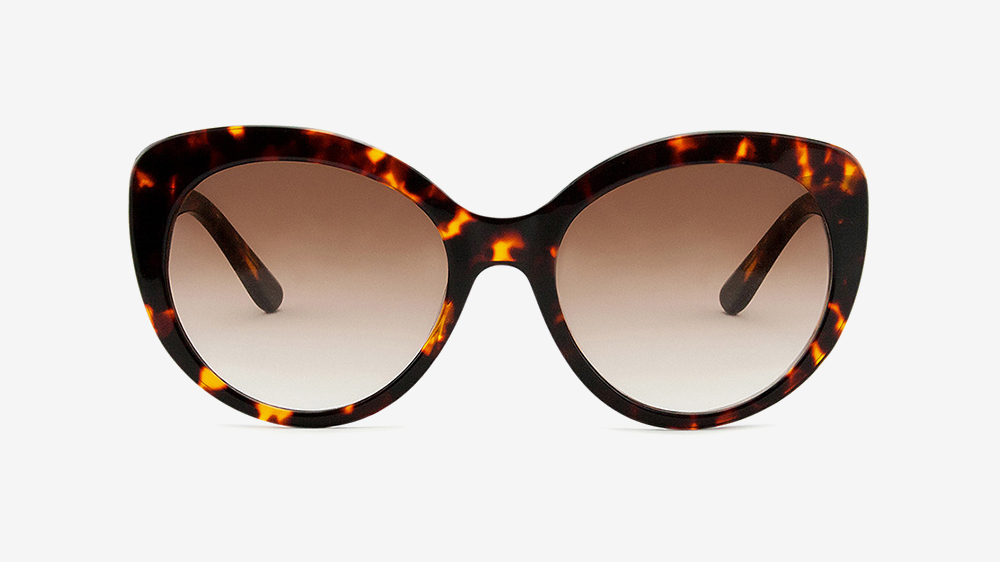More and more people are looking for that keyword when they take to the shops, sustainable. I plan to introduce you to more sustainable brands and their founders over the next few months through Behind the Biz.
In today’s interview, we’re going to discover the story behind PALA Eyewear, a sustainable brand focused on ethics and aesthetics.
PALA hope to one day become the most sustainable brand on the planet. I love a brand with a clear and ambitious mission. Their mission is at the heart of the business and everything they do.
Today I’m delighted to be chatting with John Pritchard, the founder of PALA Eyewear.
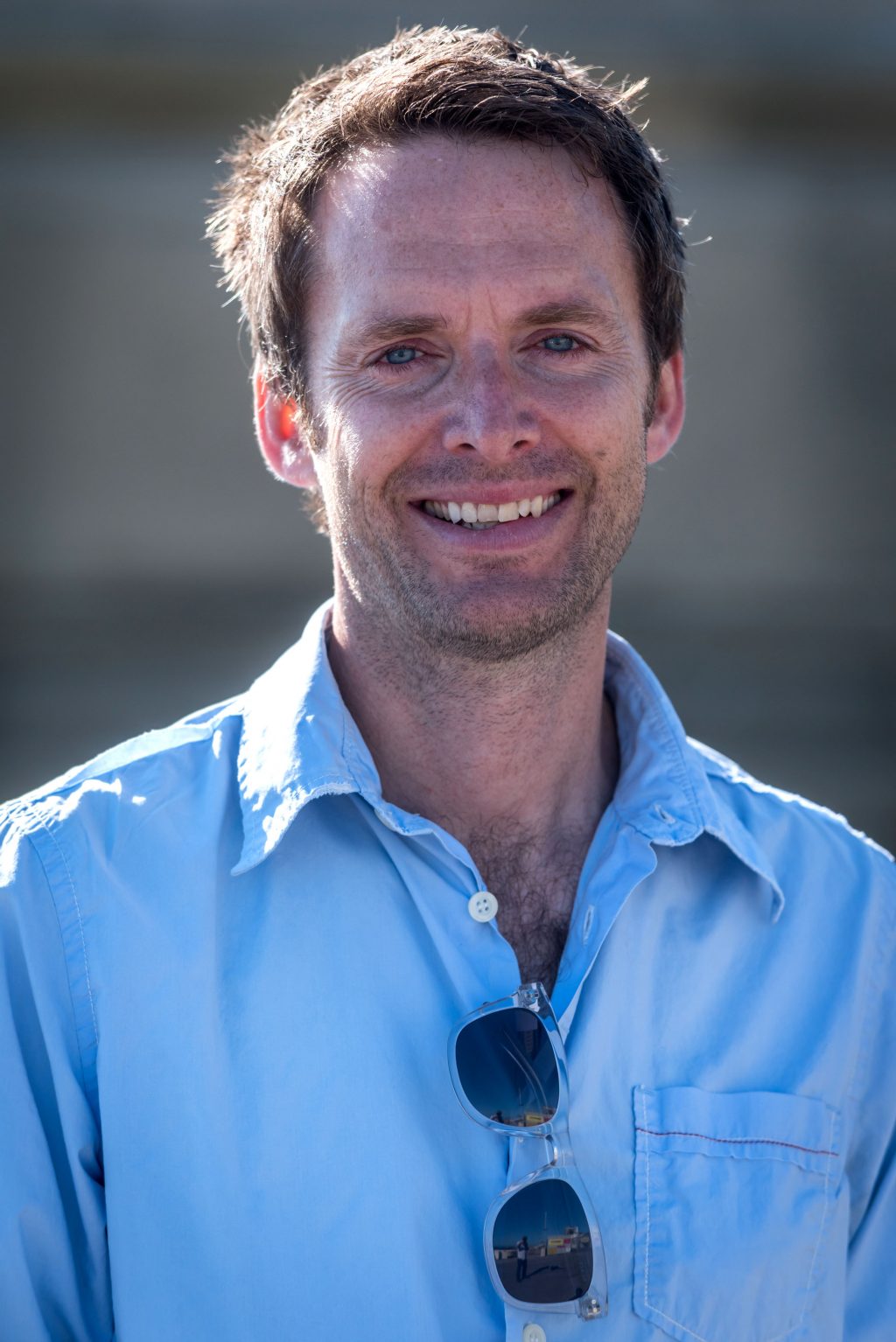
Please tell us about PALA.
PALA is a brand that is founded on ethics and aesthetics. We aim to appeal to that new generation of fashion lovers who want a little bit more than a nice pair of frames on their face. Principally, we’re about creating great quality, contemporary eyewear whilst simultaneously looking to achieve sustainable objectives through our product, business practice and partnerships. Transparency is really important to us and we ensure we keep customers aware of our production and progress. We also like to be playful – after all life’s not to be taken too seriously!
More specifically, we work with Vision Aid Overseas, one of the leading eye-care charities working across Africa. Through them PALA provides grants directly into projects to provide the infrastructure and equipment needed to facilitate eye examinations and the distribution of spectacles.
We also work with predominantly female weaving communities in Ghana to make our glasses cases, providing well above the fair wage for the work. Our ambition is to support them in lifting their communities out of poverty in the long term. Encouragingly, as PALA grows, we create opportunities for others to learn the skills and earn an income, perhaps even for the first time. The cases themselves are uniquely made from recycled plastic bags and packaging, while in our own packaging and point of sale, we either use recycled or FSC approved materials.
How did you decide upon the name of your brand?
In homage to the African continent that we are working in, the brand name comes from the ‘impala’ antelope. They are renowned for their superb eyesight (or else become a lion’s dinner) which is their main survival tool. I felt this native African species perfectly re-enforced our brand connection to the continent.
From the start, PALA was built with ethics and sustainability in mind. Please tell us how this has developed and been put into practice over the years.
When PALA was an initial seed of an idea it was fundamentally founded on the connection with Vision Aid Overseas and facilitating change through the grants to their eyecare programmes. However, as I started to think through the product, I began to look at other touchpoints where a sustainable solution might work. So, we had the cases and then the packaging and now more recently carbon offsetting and the postal mailers that our product goes out in. We are also working with more sustainable materials which I mention later.
The key point to recognise here is that this is a constant evolution rather than something you look to achieve right from the start, and provided you are talking to your audience about this and telling them of your progress then you’re doing the right thing. Is PALA where I want it to be in terms of ticking all the sustainability boxes – no. However, you can be assured we’re going to work hard in the years ahead to keep improving. I want PALA to one day become the most sustainable brand on the planet – it’s ambitious, but why not!
What did you do before starting PALA?
I spent much of my life working within corporate environments, mostly advertising and creativity within the digital world working on behalf of various publishers. I really enjoyed the creative work as it relied on my expertise in daydreaming! My various roles also provided a good foundation of skillsets for jumping across into my own business. I’ve been able to apply my experiences in marketing and sales to the challenges of my own business which has been a huge benefit.
Did you always plan to be self-employed?
I think in my earlier career years, I was focused on just that – developing a career and making my way up the ladder. However, as I reached my mid-thirties I began to question my future working in the corporate world feeling there was an overall lack of purpose in my work. We’re only on this planet for a short time and I didn’t want to just toe the line until retirement in a comfortable job whilst there were so many problems in the world. So, in deciding to seek that ‘purpose’, from that moment on, the reality of becoming self-employed and running my own business became a real proposition.
Please share a business high and low with us.
For me, the business highs are always the trips to Africa. I’ve been to projects in Zambia, Ethiopia and I’m heading to Ghana to meet the weavers of our cases later this month. Here is where you get to experience the tangible effects of the change you are creating. Seeing someone have their poor vision restored again through a pair of spectacles is a wonderful experience!
I’m not sure that hand on heart we’ve had any low experiences. We had a trademark challenge from a $bn company right at the beginning, which was quite ridiculous, and we won, but set our branding back for 6 months or so. We are also in ‘discussion’ right now with an even bigger $bn shopping platform who have failed to return my stock after 10 months – we’ve had to take legal action just for them to sit up and listen. This is just all normal stuff, right?
What role does social media play for your business and do you have a favourite social platform?
Social is a big part of our marketing strategy and I invest more in that than any other platform. What all my years in advertising taught me is that it is all about advocacy nowadays. It is therefore essential that we organically grow a base of followers who don’t just like our product but also look to talk about it too. We also engage several influencers in the world of sustainability through social to work with and they have been a good form of brand awareness for us.
Instagram is the key platform and then I would say Facebook and Twitter in that order. Instagram enables you to portray you brand ethos better than the others and therefore connects you better with your audience, particularly in the world of fashion and accessories.
What advice would you give to aspiring social entrepreneurs?
When you ‘go it alone’ I think there is some trepidation that you are just that, alone in the world with your laptop and ideas, and it can feel a little overwhelming. However, what I found right from the start was that there is a lot of support and resource out there that you can tap into and you should look to take advantage of it.
As ethical businesses, whatever our individual sustainability pillars, we all have one thing in common – which is a shared vision of a better planet. Consequently, I have found other brands, stockists, influencers and platforms inherently more invested in helping you out. They want you to succeed and this ‘community embrace’ simply didn’t exist in my previous (and arguably more cut-throat) corporate life.
Where do you hope to take your business in the year ahead?
In the realms of our sunglasses, our focus is very much on continuing to build our profile in the UK. At this time of year, we also look to reach out to southern states in the USA and Australia – we need to keep following the sun!
For SS19 we will be introducing bio-acetate options to some of our styles, which I’m really excited about that. We will also continue to look at bringing more recycled acetates into the collection. We have just the one (Asha Black) at the moment but intend to have two more added to the range from March.
As we move into SS19 we are launching an optical range which is a big step for us. It will be a capsule collection of 6 pieces – early showing of samples have gone down well and we will be looking to wholesale these to opticians around the world. It’s going to be busy!
Check out the full range of PALA Eyewear on their site and support the brand on Instagram, Facebook and Twitter.
I want to say a massive thank you to John for taking the time to be involved with Behind the Biz. I loved hearing about his business journey with PALA and can’t wait to see the business continue to grow in 2019.
John and his team have created a selection of beautiful products which allow their consumers the chance to support a sustainable and ethical business. I hope this interview has made you think a little more about the world we live in, the importance of supporting ethical brands and perhaps given you food for thought on bringing a social aspect to your biz.

